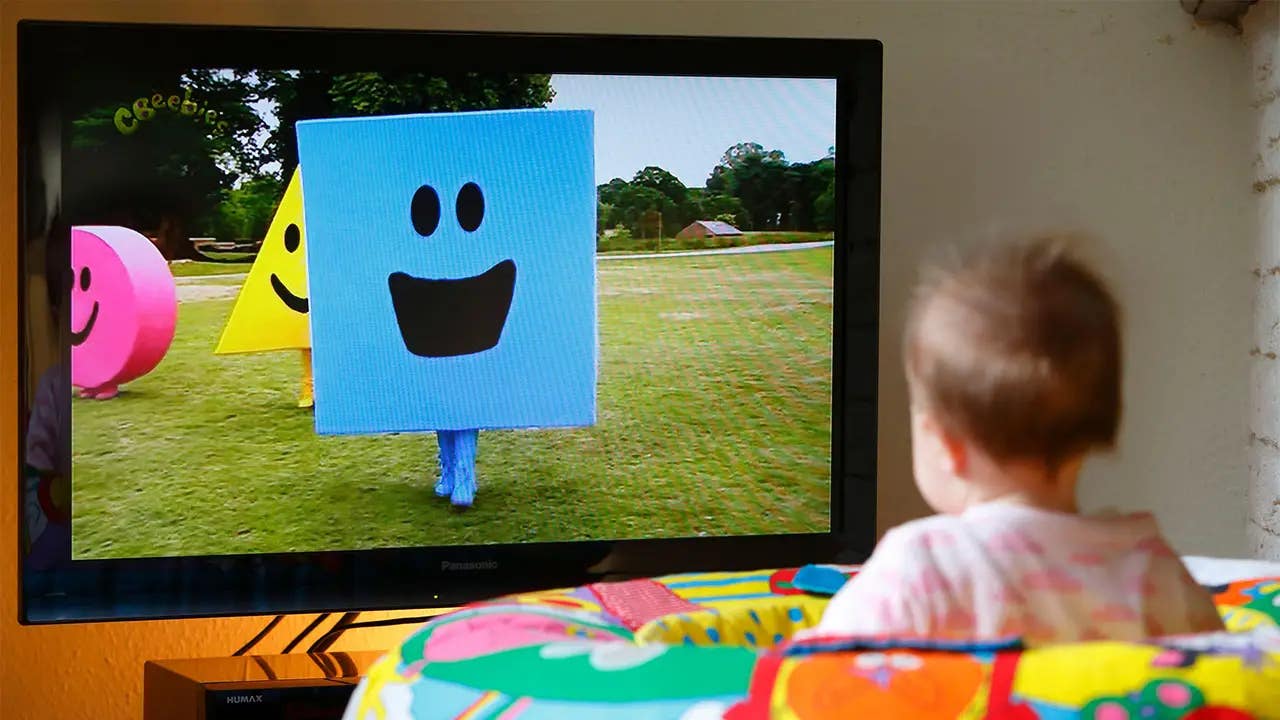New antibody therapy shows promise for advanced pediatric brain cancer
Research has generated promising results for a new blocking antibody therapy that targets a protein critical to cancer’s ability to spread.

[July 16, 2022: Katie Marquedant, Massachusetts General Hospital]
(Credit: Medical Xpress)
Effective and safe treatments are needed for medulloblastoma—the most common type of cancerous brain tumor in children—especially for patients whose cancer has spread to the spinal cord.
A recent phase I clinical trial led by researchers at Atrium Health Levine Children’s Hospital and Massachusetts General Hospital (MGH) has generated promising results for a new blocking antibody therapy that targets a protein critical to medulloblastoma cells’ ability to multiply and spread. The findings are published in Clinical Cancer Research, a journal of the American Association for Cancer Research.
The antibody, called TB-403, recognizes placental growth factor (PlGF), over-expressed in some types of malignant tumors. The MGH research team previously showed that PlGF and its receptor neuropilin 1 (NRP1) are often overexpressed in human medulloblastomas and are required for its growth and progression in experimental models in mice (Cell 2013).
That work also demonstrated that blocking the PlGF/NRP1 pathway in medulloblastoma models caused tumor regression, decreased spread to the spinal cord, and prolonged survival.
Related Stories
“Beyond the new biological insights, the experimental results were particularly exciting because blocking PlGF, unlike other cancer-related pathways, was safe in humans and thus was a particularly promising strategy in the pediatric population,” says senior author Rakesh K. Jain, PhD, director of the E.L. Steele Laboratories for Tumor Biology at MGH and the Andrew Werk Cook Professor of Radiation Oncology at Harvard Medical School. “We are thrilled to see the initial translation of these concepts into a clinical trial.”
The investigators’ phase I, open-label, multicenter dose-escalation study enrolled 15 children with relapsed or refractory medulloblastoma that did not respond to standard treatments. Patients received increasing doses of the anti-human PlGF antibody TB-403 (20 mg/kg, 50 mg/kg, 100 mg/kg, and 175 mg/kg), and all patients received two doses of TB-403 in the first cycle of treatment.
The maximum tolerated dose—defined in clinical trials as the highest dose of a drug that does not cause unacceptable toxicity—was not reached.
Moreover, although there were no partial tumor responses (significant reductions in tumor size) in this treatment refractory population, seven of 11 patients experienced disease stabilization—stoppage of progression—and which persisted for more than 100 days in four of those patients.
The investigators concluded that TB403 treatment was well tolerated and induced stable disease in some medulloblastomas in a setting with no effective treatments available.
“These findings indicate that treatment with TB-403 should be tested in larger studies of children with advanced medulloblastoma and perhaps at earlier stages, in combination with standard therapies,” says lead and corresponding author Giselle L. Saulnier Sholler, MD, director of the Isabella Santos Foundation Solid and Rare Tumor Program and chair of the Beat Childhood Cancer Research Consortium at Levine Children’s Hospital.
Additional study authors include Dan G. Duda, Genevieve Bergendahl, David Ebb, Matija Snuderl, Theodore W. Laetsch, Jennifer Michlitsch, Derek Hanson, Michael S. Isakoff, Kevin Bielamowicz, Jacqueline M. Kraveka, William Ferguson, Peter Carmeliet, A. De Deene, and Lore Gijsen.
The clinical study was supported by Oncurious NV and the Beat Childhood Cancer Foundation. MGH investigators’ work is supported through grants from the National Institutes of Health, the Department of Defense, National Foundation for Cancer Research, Harvard Ludwig Cancer Center, Nile Albright Research Foundation, and Jane’s Trust Foundation.
Key Takeaways
In a phase I safety clinical trial, 15 children with relapsed or refractory medulloblastomas that did not respond to other treatments received different doses of an antibody called TB-403, which targets a protein expressed in these cancers.
Although treatment was safe, there were no tumor regressions. However, most of the patients experienced stabilization of their disease—i.e., stoppage of progression—which persisted for more than 100 days in four patients.
About the Massachusetts General Hospital
Massachusetts General Hospital, founded in 1811, is the original and largest teaching hospital of Harvard Medical School. The Mass General Research Institute conducts the largest hospital-based research program in the nation, with annual research operations of more than $1 billion and comprises more than 9,500 researchers working across more than 30 institutes, centers and departments. In August 2021, Mass General was named #5 in the U.S. News & World Report list of “America’s Best Hospitals.” MGH is a founding member of the Mass General Brigham healthcare system.
Note: Materials provided above by Massachusetts General Hospital. Content may be edited for style and length.
Like these kind of feel good stories? Get the Brighter Side of News' newsletter.
Joshua Shavit
Science & Technology Writer | AI and Robotics Reporter
Joshua Shavit is a Los Angeles-based science and technology writer with a passion for exploring the breakthroughs shaping the future. As a contributor to The Brighter Side of News, he focuses on positive and transformative advancements in AI, technology, physics, engineering, robotics and space science. Joshua is currently working towards a Bachelor of Science in Business Administration at the University of California, Berkeley. He combines his academic background with a talent for storytelling, making complex scientific discoveries engaging and accessible. His work highlights the innovators behind the ideas, bringing readers closer to the people driving progress.



